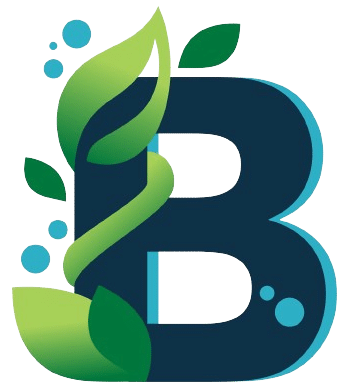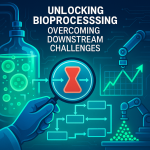🚀 Improved automation enhances efficiency, addressing quality issues like protein aggregation. New methods allow simultaneous testing of 96 samples in 15 minutes.
🌟 Future advancements will focus on process optimization and automation to further reduce costs and improve mAb production.
Introduction:
The production of monoclonal antibodies (mAbs) is crucial in the field of biotherapy, yet it faces several challenges. This article discusses the hurdles involved in mAb production and recent advancements aimed at speeding up and improving the efficiency of this process, highlighting insights from experts in the field.
- The current challenges in mAb production include the identification of optimal cell clones and maintaining critical quality attributes during production.
- Measurement and management of critical quality attributes (CQAs), such as protein aggregation, are vital for ensuring the safety and efficacy of mAbs.
- Recent advancements in technology enable researchers to automate clone selection, significantly reducing the time required for screening suitable cell lines.
- High-throughput screening methods, such as plate-based assays, facilitate faster and more efficient evaluation of cell performance, including aggregation levels.
- Future improvements in mAb production are anticipated through enhanced process intensification and further automation of workflows, particularly for developing complex, bispecific antibody therapies.
Conclusion:
Advancements in monoclonal antibody production technology present significant opportunities to enhance efficiency and reduce costs. The ability to automate and streamline the screening processes not only accelerates the identification of suitable clones but also addresses quality control challenges. As these technologies evolve, they promise to facilitate the development of next-generation therapeutic antibodies, ultimately improving patient care.



